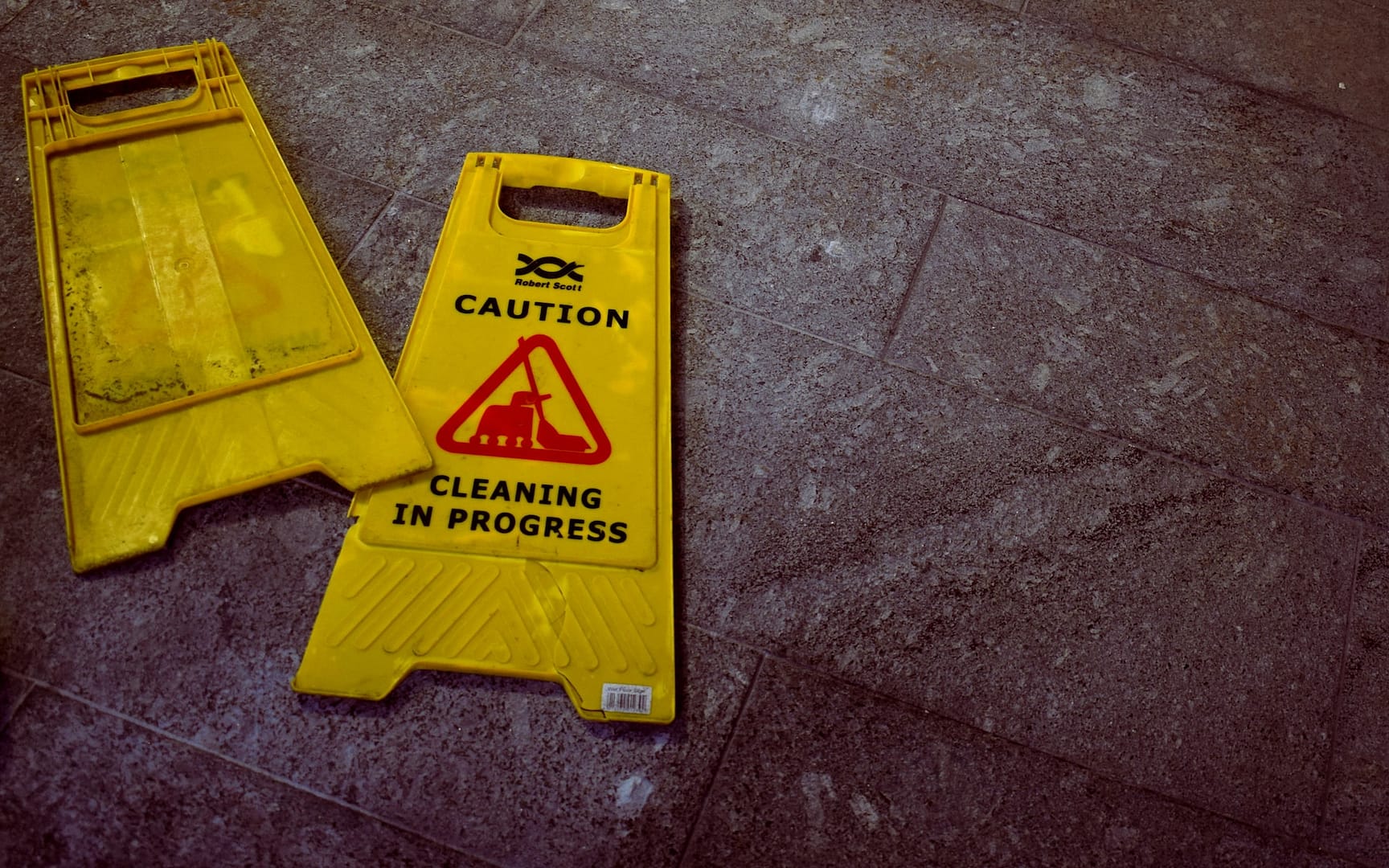Workplace accidents can have devastating consequences for both employees and employers. From minor injuries to life-altering incidents, accidents can lead to physical harm, emotional trauma, and financial losses. As such, it is crucial for employers to prioritize the safety and well-being of their workforce. In the United Kingdom, employers have significant responsibilities when it comes to accident prevention. In this article, we will explore the role of employers in preventing workplace accidents and the measures they should take to ensure a safe working environment.
The Employer’s Duty of Care
The cornerstone of accident prevention lies in the employer’s duty of care. Employers are legally obliged to provide a safe and healthy work environment for their employees. This duty of care encompasses various responsibilities, including:
Risk Assessment
Employers should conduct thorough risk assessments to identify potential hazards in the workplace. This involves assessing the work activities, equipment, and the physical environment to determine the likelihood and severity of potential accidents. By recognizing hazards, employers can take appropriate measures to eliminate or minimize risks.
Health and Safety Policies
Developing and implementing comprehensive health and safety policies is essential. These policies should address various aspects, such as emergency procedures, hazard reporting mechanisms, and the proper use of personal protective equipment (PPE). Regular training sessions and workshops can help ensure that all employees are aware of these policies and understand their roles in maintaining a safe working environment.

Equipment Maintenance and Inspection
Employers must ensure that all equipment and machinery are well-maintained and regularly inspected. Faulty or malfunctioning equipment can pose serious risks to employees’ safety. Regular maintenance, repair, and inspection schedules should be established to identify any potential issues and address them promptly.
Training and Education
Providing adequate training and education is crucial in preventing workplace accidents. Employers should ensure that employees receive appropriate training related to their job roles and the specific hazards they may encounter. This includes training on the proper use of equipment, handling hazardous substances, and following safety protocols. Regular refresher courses can also help reinforce safety practices and keep employees updated on new developments.
Communication and Employee Involvement
Employers should establish effective channels of communication to encourage employees to report hazards, near misses, or potential dangers. Employees should feel comfortable raising concerns without fear of reprisal. Regular safety meetings and open discussions can foster a culture of safety and encourage employee involvement in accident prevention.
Promoting a Safety Culture
While fulfilling their legal obligations is essential, employers should strive to create a safety culture that goes beyond compliance. By promoting a safety-first mindset, employers can inspire their employees to take ownership of their well-being and actively participate in accident prevention. A positive safety culture involves:
Leadership and Lead by Example
Employers must lead by example when it comes to safety practices. When employees see their leaders actively prioritizing safety and following established protocols, they are more likely to do the same. Employers should encourage open communication, listen to employees’ concerns, and address safety issues promptly.
Employee Empowerment and Engagement
Engaging employees in the safety process empowers them to actively contribute to accident prevention. Employers should encourage employees to suggest safety improvements, provide feedback, and participate in safety committees or task forces. By involving employees in safety-related decisions, employers tap into a valuable resource of knowledge and experience.
Recognition and Incentives
Recognizing and rewarding employees for their commitment to safety can reinforce positive behaviors. Employers can implement incentive programs that acknowledge individuals or teams for adhering to safety protocols, reporting hazards, or proposing safety enhancements. These initiatives foster a sense of pride and motivation among employees, further strengthening the safety culture.
Can I Be Sacked for Having an Accident at Work?
One common concern among employees is whether they can be sacked for having an accident at work. It is important to understand that in the UK, the law protects employees from unfair dismissal in cases where they have suffered an accident or injury at work. Employers are legally obligated to take reasonable steps to ensure the safety of their employees, and dismissing an employee solely due to an accident can be considered unfair and unlawful.
The Employment Rights Act 1996 provides protection for employees who suffer injuries or accidents at work. If an employee is injured due to the negligence of the employer or a failure to provide a safe working environment, they may be entitled to compensation and other legal remedies. Employers are not allowed to terminate an employee’s contract solely based on their involvement in an accident at work.
However, it is worth noting that there may be situations where an employee’s conduct or actions contribute to the accident or injury. In such cases, employers have the right to investigate the circumstances and determine if there was any negligence or misconduct on the part of the employee. If it is found that the employee’s actions significantly contributed to the accident or they violated safety procedures, the employer may take appropriate disciplinary measures.
It is crucial for both employers and employees to understand their respective responsibilities in preventing accidents at work. Employers must prioritize safety, provide necessary training and resources, and create a culture of safety within the organization. Employees, on the other hand, should follow established safety protocols, report hazards, and actively participate in maintaining a safe working environment.
If your employer is not providing a safe working environment and you feel that your job may be at threat due to an accident, you may be able to make a claim against your employer. Visit us at National Claims today to be guided through the claims process and understand your rights in more detail.
Conclusion
In conclusion, the role of employers in preventing workplace accidents in the UK is vital for the well-being and safety of employees. Employers have a legal duty of care to provide a safe working environment, conduct risk assessments, implement health and safety policies, maintain equipment, provide training, and encourage employee involvement in accident prevention. By prioritizing safety and promoting a positive safety culture, employers can create an environment where accidents are minimized, and employees feel valued and protected.
It is important for employees to be aware that they cannot be sacked solely for having an accident at work, as long as they were not negligent or in violation of safety procedures. The law protects employees from unfair dismissal in such cases. However, if an employee’s actions contribute to the accident, employers have the right to investigate and take appropriate disciplinary measures.
Preventing workplace accidents requires collaboration and commitment from both employers and employees. By working together and fulfilling their respective responsibilities, we can strive towards safer work environments and reduce the risk of accidents, ensuring the well-being of everyone involved.
Contact National Claims now to make a claim against your employers.
Click below to see why we are one of the most trusted claims management companies in the UK.





